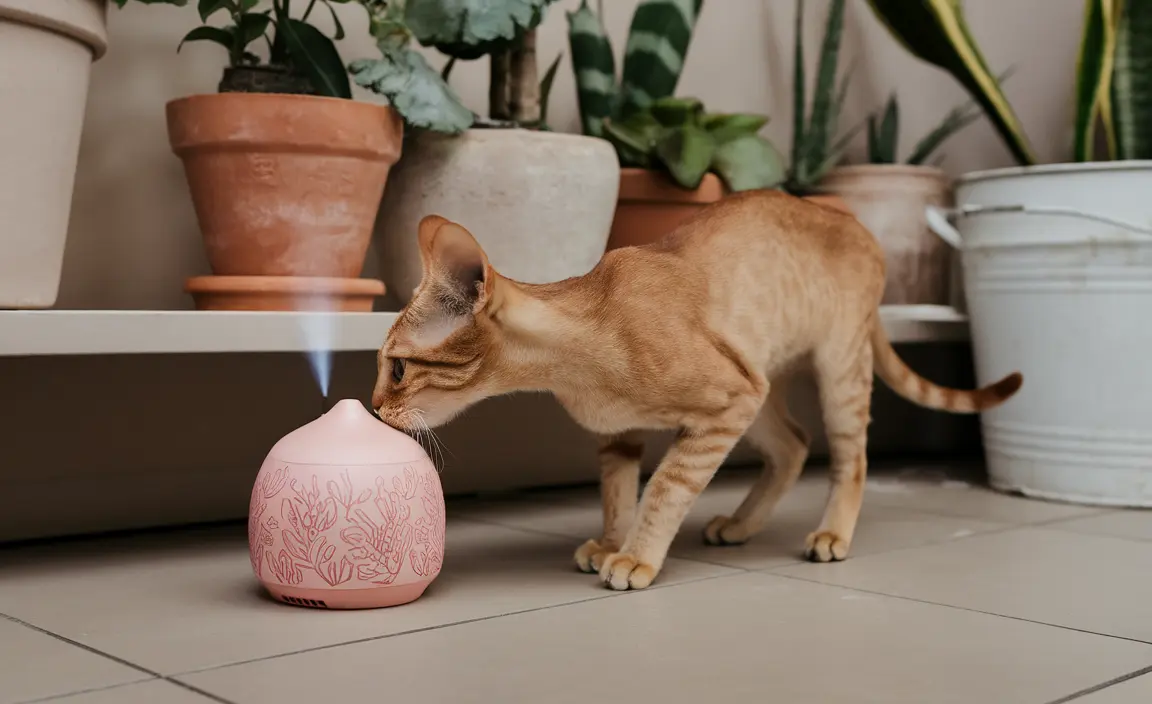While dogs are known for their social nature and love of playdates, cat owners often wonder if their feline friends can benefit from similar social interactions. The answer isn't as straightforward as you might think. Let's explore the complexities of cat playdates and what experts recommend for healthy feline socialization.
Understanding your cat's natural behavior and social needs is crucial before arranging any playdate. Unlike their canine counterparts, cats are primarily solitary creatures with unique territorial instincts that can make social interactions challenging.
Understanding Feline Social Nature
Cats have evolved as solitary hunters, which significantly influences their approach to social interactions. While some cats, particularly those raised together from kittenhood, may enjoy companionship, most adult cats prefer their own space and established territory.
Studies show that up to 50% of multi-cat households experience some form of inter-cat conflict, highlighting the delicate nature of feline social dynamics. This statistic underscores why careful consideration is necessary before arranging playdates.
Health and Safety Considerations
Before considering any playdate, several crucial health measures must be in place:
- Both cats must be fully vaccinated
- Regular flea and worm treatments should be current
- Testing for FeLV and FIV is recommended
- Nail trimming before meetings
- Recent veterinary check-ups
These precautions help prevent the transmission of diseases and reduce the risk of injury during interactions.
Setting Up a Successful Playdate
Choosing the Right Location
The environment plays a crucial role in the success of any cat playdate. A neutral territory is ideal, as it reduces territorial aggression. The space should include:
- Multiple escape routes
- Separate resources (food, water, litter boxes)
- Hiding spots and vertical spaces
- Pheromone diffusers for stress reduction
Introduction Process
A gradual introduction process is essential for success:
- Start with scent exchange through closed doors
- Progress to visual contact through a barrier
- Allow short, supervised face-to-face meetings
- Gradually increase interaction time if both cats show positive signs
Signs to Monitor
Positive Indicators
Look for these signs of successful interaction:
- Relaxed body posture
- Gentle mutual sniffing
- Playful behavior without aggression
- Calm vocalizations
Warning Signs
Be ready to intervene if you observe:
- Flattened ears or raised fur
- Hissing or growling
- Aggressive swatting or chasing
- Hiding or cowering behavior
Alternative Enrichment Options
For many cats, alternatives to playdates provide better enrichment:
- Interactive toys and puzzle feeders
- Climbing structures and window perches
- Regular play sessions with human family members
- Environmental enrichment through new toys and experiences
Frequently Asked Questions
Can cats have playdates, and which cats are most likely to enjoy them?
While some cats can enjoy playdates, they're most successful with young cats or those socialized together early in life. Kittens and naturally social breeds like Ragdolls or Abyssinians may be more receptive to playmates.
How should I safely introduce my cat to another cat for a playdate?
Start with gradual introductions through closed doors, progress to visual contact through barriers, and finally allow supervised face-to-face meetings in a neutral space. Always maintain escape routes and monitor body language.
What are the signs that a cat playdate is causing stress or distress?
Watch for flattened ears, hissing, growling, excessive hiding, aggressive swatting, or defensive postures. These signs indicate the playdate should end immediately.
What health precautions should I take before arranging a cat playdate?
Ensure both cats are current on vaccinations, flea/worm treatments, and have recent vet check-ups. Consider FeLV/FIV testing and trim nails before meetings.
Are there alternatives to playdates that can keep a solitary cat happy and mentally stimulated?
Yes, many cats thrive with environmental enrichment like interactive toys, climbing structures, window perches, and regular play sessions with their human family members. These alternatives often provide better stimulation than cat playdates.
While cat playdates can occasionally work for some felines, they require careful consideration and planning. Understanding your cat's personality and respecting their social preferences is crucial for their wellbeing. For most cats, focusing on environmental enrichment and quality time with their human family members remains the best approach to ensuring their happiness and mental stimulation.






